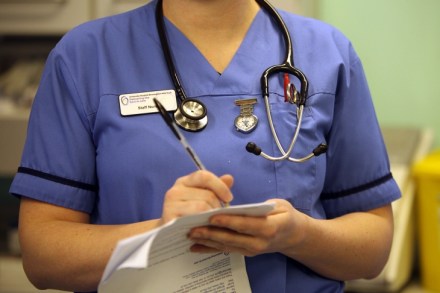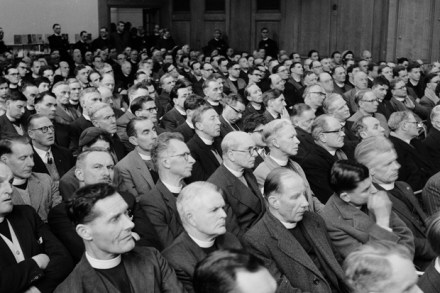Can Britain’s life sciences sector thrive after Brexit?
The Spectator, in association with MSD, brought together MPs and representatives from Life Sciences on 20th March, to discuss the future of Life Sciences after Brexit. Can the UK life sciences sector thrive after Brexit and what needs to be done in order to ensure that it does? This is a report of the discussion which


















